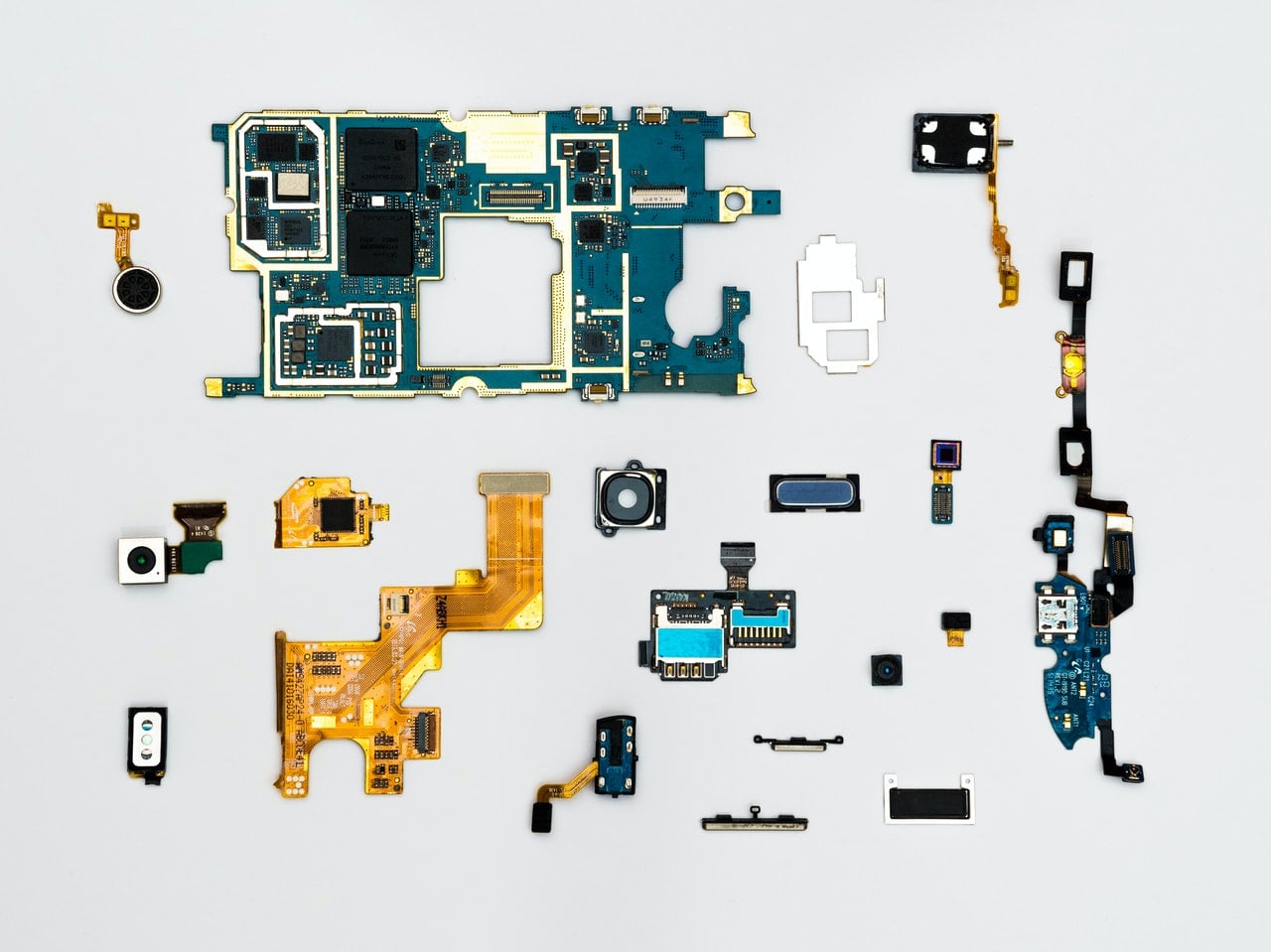The Future of Work: Automation and Job Displacement
The Rise of Automation: Automation refers to the use of technology to perform tasks that were previously carried out by humans. With the increasing capabilities of AI and robotics, automation has become more efficient and cost-effective across multiple industries. From manufacturing and logistics to customer service and data analysis, automation is transforming traditional job roles. Job Displacement and Transformation: As automation becomes more prevalent, concerns arise regarding the displacement of human workers. Repetitive and routine tasks, especially those that can be easily standardized and require minimal decision-making, are most susceptible to automation. This shift may result in job losses, particularly in industries heavily reliant on manual labor.
However, it is essential to note that automation doesn’t necessarily mean the complete elimination of jobs. Instead, it often leads to the transformation of job roles. While some positions may be rendered obsolete, new roles will emerge that require a different set of skills. The workforce will need to adapt and upskill to meet the changing demands of the job market. The Skills of the Future: As automation takes over routine tasks, certain skills will become increasingly valuable in the job market. These skills are typically difficult to automate and involve qualities that are uniquely human.
Some of the skills that will remain in demand include: Creativity and innovation: The ability to generate novel ideas and think outside the box will be highly sought after, as it is a key driver of innovation and problem-solving.
Emotional intelligence: Skills such as empathy, communication, and interpersonal relationships will continue to be essential in roles that require human interaction, such as customer service and leadership positions.
Critical thinking and complex problem-solving: These skills involve analyzing complex situations, evaluating information, and making informed decisions. They are crucial for tackling challenges that require human judgment and reasoning.
Adaptability and lifelong learning: With technology evolving rapidly, the ability to adapt to new tools and concepts is vital. Continuous learning and upskilling will be necessary to stay relevant in the changing job market.
Preparing for the Future: To navigate the future of work successfully, individuals and organizations need to take proactive steps.
Here are a few strategies to consider: Lifelong learning: Embrace a growth mindset and commit to continuous learning. Upskilling and reskilling programs can help individuals stay ahead of automation and remain competitive in the job market.
Emphasize human-centric skills: Focus on developing skills that are difficult to automate, such as creativity, emotional intelligence, and critical thinking. These skills will differentiate human workers from machines. Collaboration between humans and machines:















